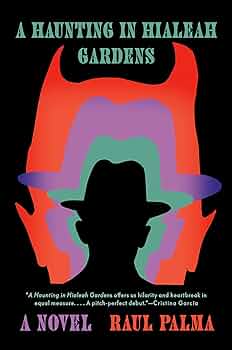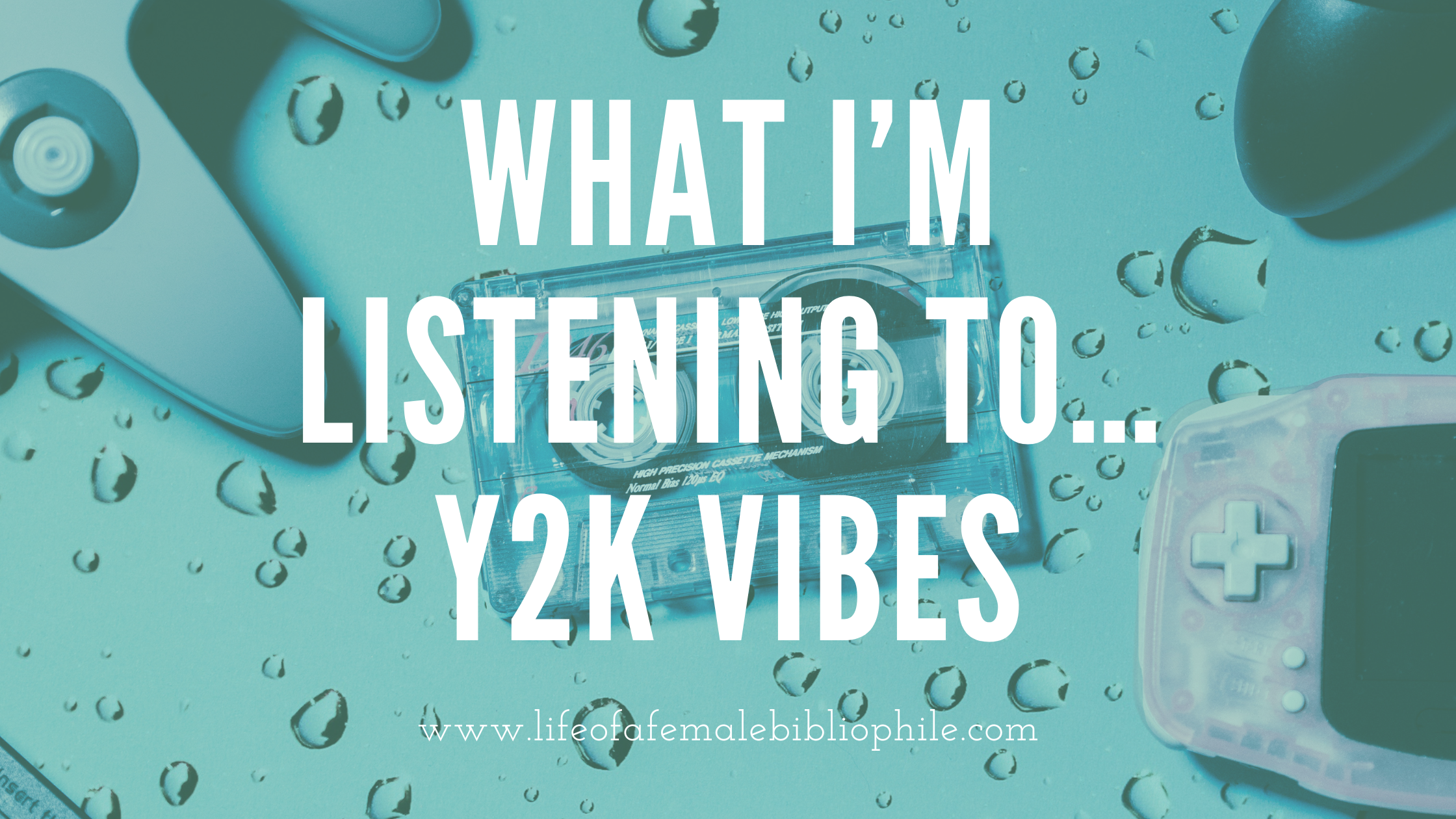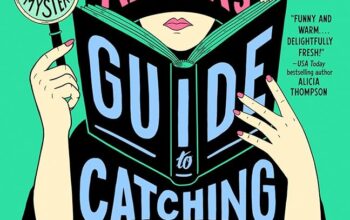Book Review: “A Haunting in Hialeah Gardens” by Raul Palma
Page Length: 286 pages (electronic review copy)
Genre: Horror, Fiction, Mystery
Synopsis:
Hugo Contreras’s world in Miami has shrunk. Since his wife died, Hugo’s debt from her medical bills has become insurmountable. He shuffles between his efficiency apartment, La Carreta (his favorite place for a cafecito), and a botanica in a strip mall where he works as the resident babaláwo.
One day, Hugo’s nemesis calls. Alexi Ramirez is a debt collector who has been hounding Hugo for years, and Hugo assumes this call is just more of the same. Except this time Alexi is calling because he needs spiritual help. His house is haunted. Alexi proposes a deal: If Hugo can successfully cleanse his home before Noche Buena, Alexi will forgive Hugo’s debt. Hugo reluctantly accepts, but there’s one issue: Despite being a babaláwo, he doesn’t believe in spirits.
Hugo plans to do what he’s done with dozens of clients before: use sleight of hand and amateur psychology to convince Alexi the spirits have departed. But when the job turns out to be more than Hugo bargained for, Hugo’s old tricks don’t work. Memories of his past—his childhood in the Bolivian silver mines and a fraught crossing into the United States as a boy—collide with Alexi’s demons in an explosive climax.
Review:
Going into the novel initially and reading its synopsis, I thought A Haunting in Hialeah Gardens would be a run-of-the-mill ghost/horror story, but in fact, the novel is much deeper than the haunting at the surface. At its core, this novel is a story about overcoming grief, trauma, and the past that can sometimes haunt us.
The main character of the story, Hugo, pretends to be a babaláwo as he doesn’t believe in ghosts at all. But when he has a chance to be rid of his debts he decides to take the job of helping Alexei his debt collector whose house is haunted. Throughout the course of the story, Hugo weaves through the past and present coming to terms with many painful things he’s been trying to avoid. On top of that, the book includes many moments of supernatural horror along Hugo’s journey as he starts to experience his own haunting. Rather than being outright in your face, many of these elements sit in the background until the climactic ending of the novel.
I didn’t particularly care for Hugo as a character and while at times I felt empathetic towards him and his many regrets, I also felt like some of his troubles were put on himself (and he continually blamed others instead of facing the truth). He was a bit of an unlikable narrator who treated people badly and his outright anger towards everyone and everything.
As a whole this novel was very underwhelming and the pacing was so slow (a bit too slow in my opinion). I felt that the author was trying to tackle a lot of topics within the story and the way the themes were layered was sometimes confusing and hard to follow. If you’re looking for a traditional ghost story (like I was) maybe skip this novel. But I did enjoy how the novel explores the concept of being indebted to someone else whether that be financially, emotionally, or culturally.
Final Verdict:

FTC Disclaimer: I received this book from Netgalley in exchange for a fair and honest review.




